12 Classic K-Dramas That Defined the 2000s
The 2000s marked a pivotal time for K-dramas, with many series capturing the hearts of global audiences. These shows brought fresh storytelling, unforgettable characters, and groundbreaking performances to television. Fans eagerly awaited each new episode, immersing themselves in the world of Korean culture and drama. From romance to action, these shows shaped a new era for the entertainment industry.
This post may contain affiliate links, which helps keep this content free. Please read our disclosure for more info.
Winter Sonata (2002)
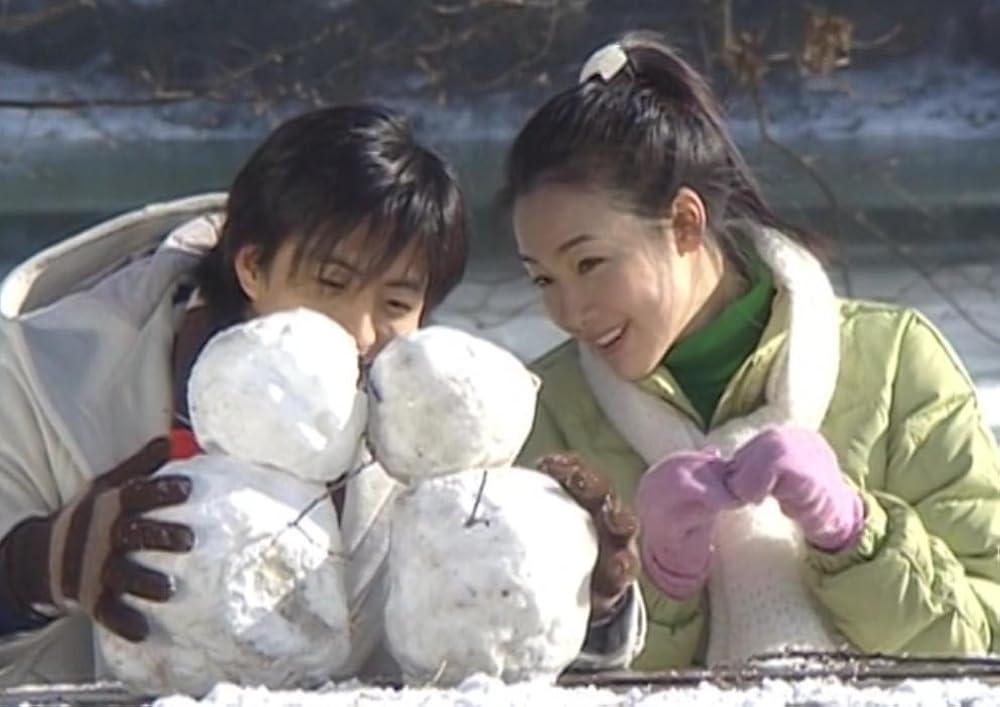
“Winter Sonata” is one of the most iconic K-dramas that became a sensation during the early 2000s. The romantic drama follows the story of two people who reunite after years of separation, dealing with themes of love, heartbreak, and fate. Its emotional depth, paired with the beautiful winter settings, made it a standout show. The series sparked a wave of Korean drama popularity, especially among international audiences, and played a key role in the Hallyu (Korean Wave) movement.
The series’ unforgettable chemistry between Bae Yong-joon and Choi Ji-woo also made it a cultural touchstone. It was one of the first K-dramas to reach mainstream popularity outside of Korea. Fans were captivated by its complex characters and the nostalgic feeling it evoked. “Winter Sonata” remains one of the most influential K-dramas of all time, leaving a lasting impact on both Korean television and global viewers.
Full House (2004)
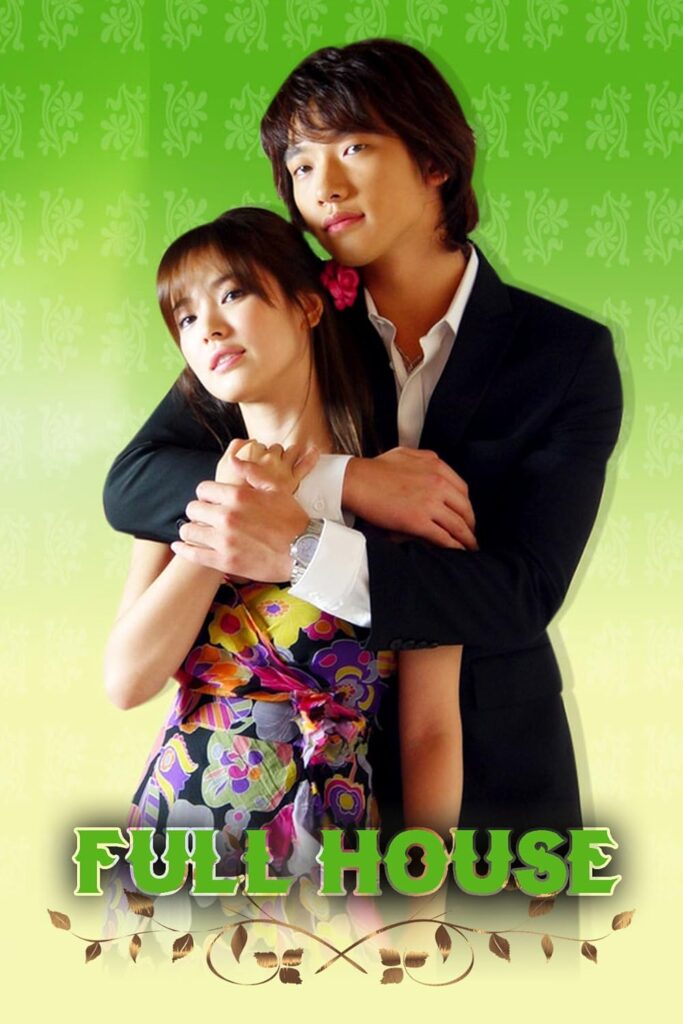
“Full House” became a classic K-drama known for its quirky plot and charming chemistry between its leads. Starring Rain and Song Hye-kyo, the story revolves around a woman who ends up in a fake marriage with a famous actor. The comedic and lighthearted tone made it a fan favorite while still tackling issues of love and personal growth. The chemistry between Rain and Song Hye-kyo was a key element in making this show a memorable hit.
Its storyline and heartwarming moments kept viewers hooked episode after episode. “Full House” is often credited with shaping the romantic comedy genre in Korean dramas. It remains one of the best-loved dramas from the 2000s, thanks to its blend of romance, humor, and drama. This series still holds a special place in the hearts of fans worldwide, continuing to influence newer K-dramas.
My Lovely Sam Soon (2005)
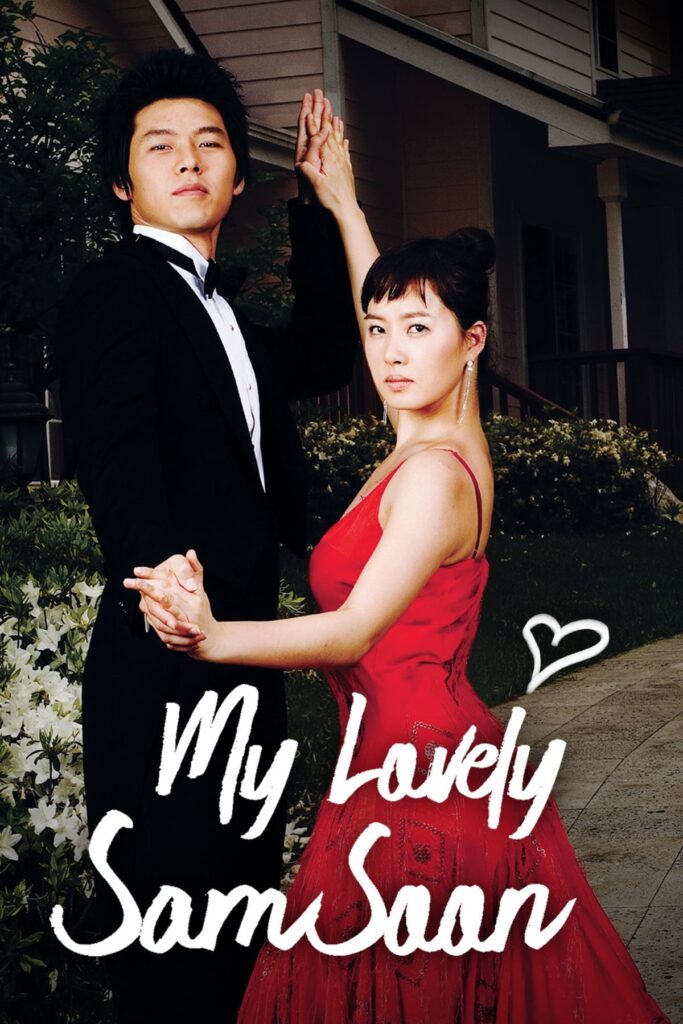
“My Lovely Sam Soon” was a breakout drama that presented a refreshing take on the traditional rom-com. It tells the story of a single, quirky woman in her thirties, navigating love and career while battling societal pressures. Kim Sun-ah’s portrayal of the lovable yet insecure Sam Soon became an instant favorite. The drama’s honest depiction of relationships and the struggle to balance personal and professional lives resonated deeply with viewers.
This series broke away from typical K-drama tropes, offering a more grounded and relatable storyline. The chemistry between the leads, Kim Sun-ah and Hyun Bin, was undeniable and contributed to the show’s massive success. “My Lovely Sam Soon” became one of the highest-rated dramas of its time. Its impact continues to be felt in the way K-dramas approach realistic love stories and personal growth.
Coffee Prince (2007)
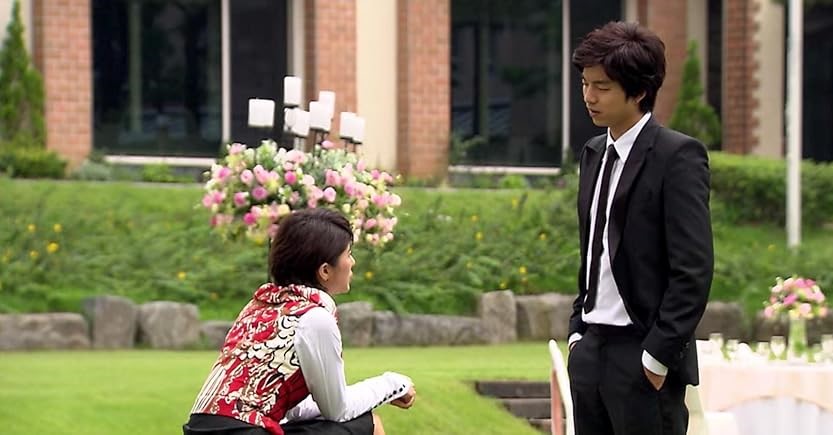
“Coffee Prince” is a unique K-drama that stood out for its unconventional love story. The series follows a young woman who disguises herself as a man to work at a coffee shop, where she eventually falls for her boss. The show explores themes of gender identity and the challenges of love in a society that still clings to traditional norms. With Gong Yoo and Yoon Eun-hye in the lead roles, “Coffee Prince” became a groundbreaking series that dealt with sensitive topics with depth and humor.
The show also highlighted the emotional complexities of love and self-identity. “Coffee Prince” is often praised for its strong female lead and its portrayal of societal issues, making it one of the most beloved K-dramas of its time. Its blend of romance, humor, and social commentary set it apart from other dramas. It is still considered one of the best K-dramas to watch for its timeless themes and memorable performances.
Boys Over Flowers (2009)
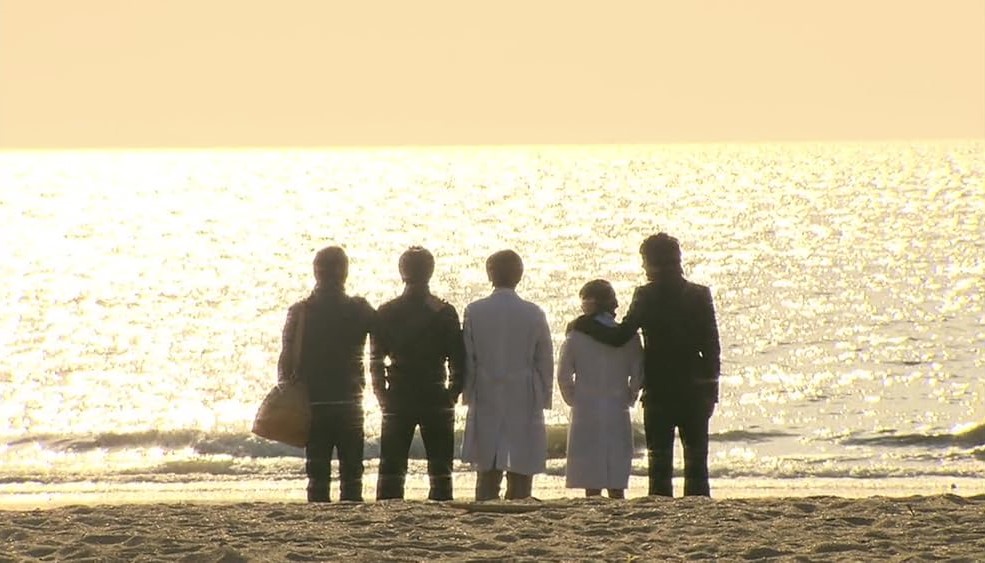
“Boys Over Flowers” is one of the most famous K-dramas of the late 2000s, and it remains a pop culture phenomenon. Based on the Japanese manga “Hana Yori Dango,” it tells the story of an ordinary girl who finds herself in the midst of a rich and powerful group of boys. The drama introduced the iconic F4, a group of four handsome and wealthy young men, and sparked widespread interest in the love triangle between the lead characters. Lee Min-ho, Ku Hye-sun, and Kim Hyun-joong delivered standout performances that captivated audiences.
The drama’s popularity was undeniable, and its influence reached beyond South Korea, making it a global sensation. “Boys Over Flowers” set the stage for a new wave of K-dramas focused on love, class disparity, and emotional growth. It was a significant factor in bringing Korean drama to an international audience. Despite its over-the-top plot, the series remains a favorite due to its relatable characters and the chemistry between the leads.
Stairway to Heaven (2003)
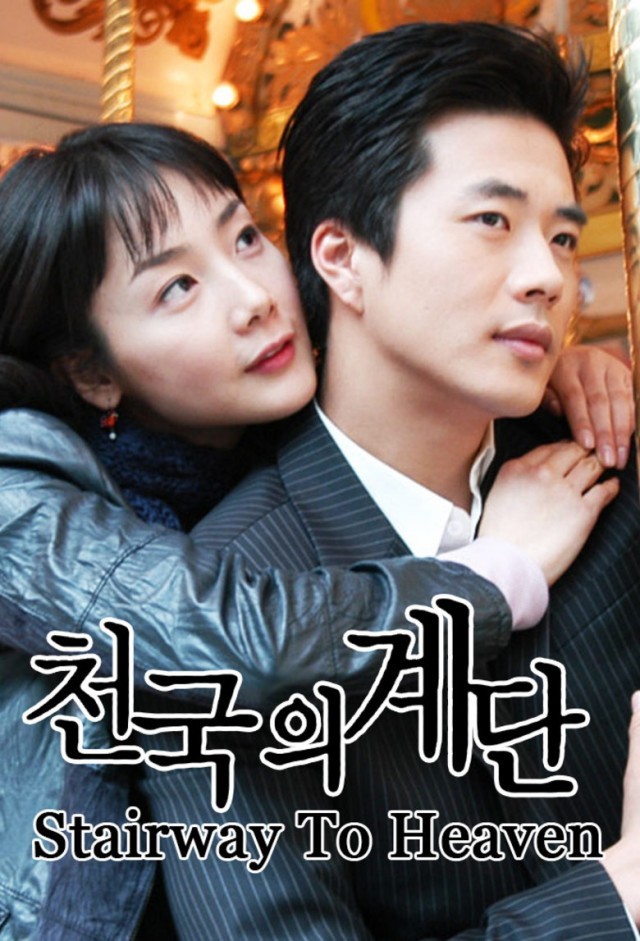
“Stairway to Heaven” is one of the most unforgettable melodramas in the history of K-dramas. The story revolves around two childhood friends who reunite under tragic circumstances. This heart-wrenching drama is known for its tear-jerking moments, dealing with themes of loss, betrayal, and the enduring power of love. With stunning performances from Choi Ji-woo and Kwon Sang-woo, the series became a massive hit, especially in its portrayal of deep emotional connections.
The drama’s ability to evoke such raw emotions made it a cultural touchstone for fans of tragic love stories. “Stairway to Heaven” remains one of the most iconic K-dramas, often referenced for its heart-wrenching moments. It introduced a new level of intensity to K-dramas and cemented its place as a favorite of the 2000s. Even today, it is considered one of the most impactful melodramas of all time.
Secret Garden (2010)
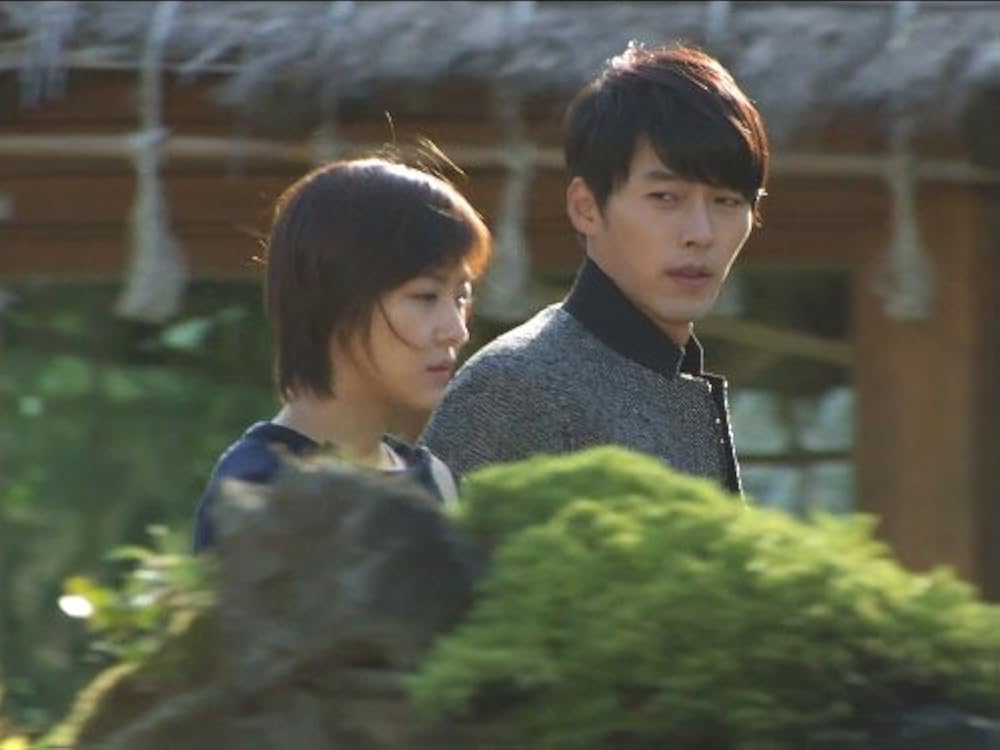
“Secret Garden” is a magical K-drama that mixes fantasy with romance and action. The series tells the story of a stuntwoman and a wealthy CEO who mysteriously switch bodies, leading to a love story filled with comedic and heartfelt moments. The chemistry between Hyun Bin and Ha Ji-won was a driving force behind the show’s popularity. The series cleverly blended fantasy with romance, keeping viewers hooked with its unique plot twists.
What made “Secret Garden” a standout was its ability to blend the supernatural with everyday life, creating a story that felt both fantastical and relatable. The drama’s music, iconic scenes, and memorable dialogue have all contributed to its lasting impact. “Secret Garden” became one of the most popular K-dramas of the early 2010s, with fans around the world still reminiscing about it. It is often hailed as one of the best romantic fantasy series in K-drama history.
Personal Taste (2010)
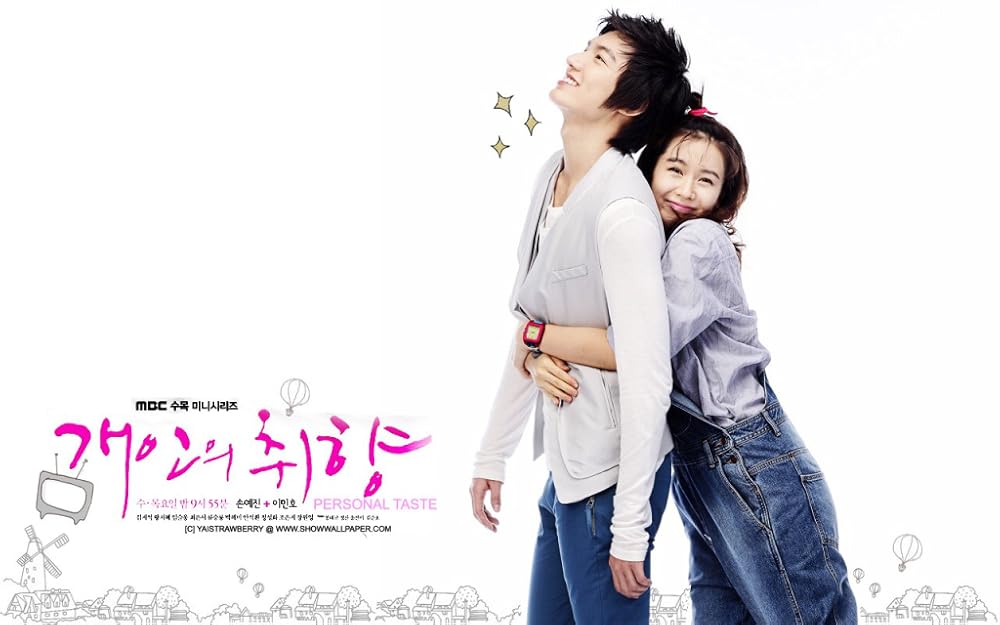
“Personal Taste” offers a delightful twist on the rom-com genre, with Lee Min-ho and Son Ye-jin delivering fantastic performances. The story follows a man who pretends to be gay in order to live with a woman who is unaware of his true intentions. The drama’s humor, paired with its emotional moments, made it a beloved series. Lee Min-ho’s charm as the lead brought a fresh take to the romantic comedy genre, making the series an instant hit.
The drama’s lightheartedness and witty dialogue kept viewers entertained from start to finish. “Personal Taste” brought something different to the table with its unconventional storyline and dynamic characters. Its blend of romance, comedy, and moments of emotional depth made it a K-drama favorite. It remains a popular watch for anyone looking for a heartwarming and funny series.
Playful Kiss (2010)
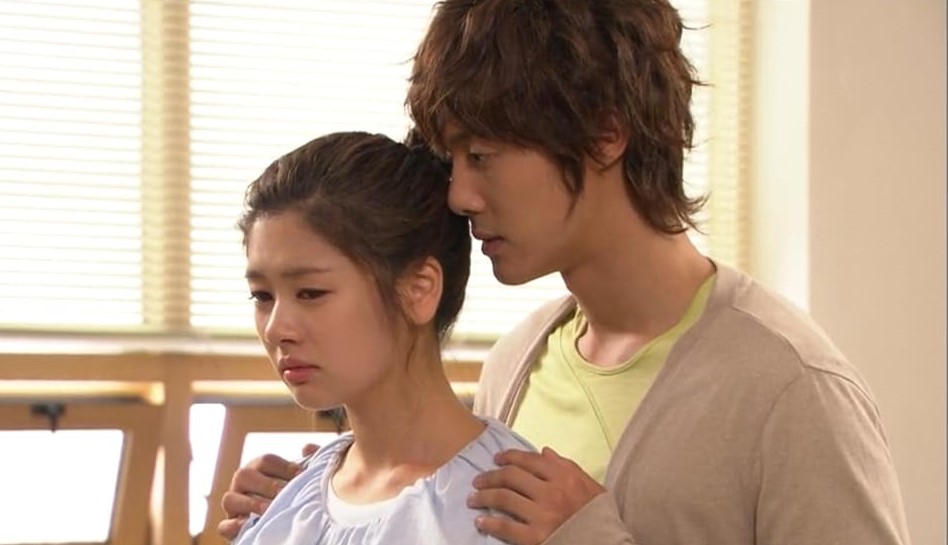
Based on the Japanese manga “Itazura na Kiss,” “Playful Kiss” tells the story of an unlikely romance between a smart but aloof boy and a sweet, academically struggling girl. Despite its low ratings upon initial release, the drama has since gained a large following, thanks to its infectious charm and endearing leads. The chemistry between Kim Hyun-joong and Jung So-min made it a fan favorite, and the show remains a classic example of the high school romance genre.
“Playful Kiss” is known for its light-heartedness, comedic moments, and lovable characters. The drama’s slow-burn romance and the lead couple’s eventual love story resonated with viewers, making it a K-drama staple. It became one of the most popular high school-themed K-dramas to date, influencing many other series that followed. Despite initial setbacks, “Playful Kiss” proved that persistence pays off, with its growing popularity over the years.
The Legend (2007)
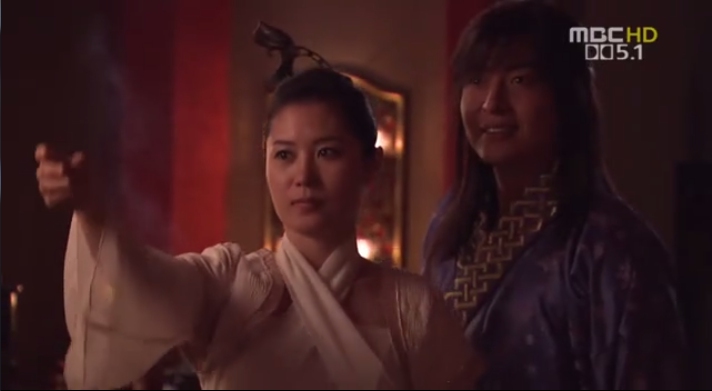
“The Legend” is a grand historical drama that combines fantasy, romance, and action in a way that captured the imagination of K-drama fans. The series is set in ancient Korea and follows the story of a king’s quest to reclaim his throne, while navigating love, betrayal, and loyalty. With powerful performances from Bae Yong-joon and Lee Ji-ah, the show quickly gained a dedicated fanbase. Its stunning visuals, dramatic plot, and well-executed action sequences set it apart from other historical dramas of its time.
“The Legend” stands out for its elaborate world-building and its ability to weave in elements of mythology and history. The drama’s rich storyline, along with its well-choreographed battle scenes, gave it a cinematic feel. The chemistry between the leads, along with the epic scale of the drama, made it a standout series of the 2000s. Although it was not as widely recognized outside of Korea, “The Legend” remains a beloved classic in the historical K-drama genre.
What Happened in Bali (2004)
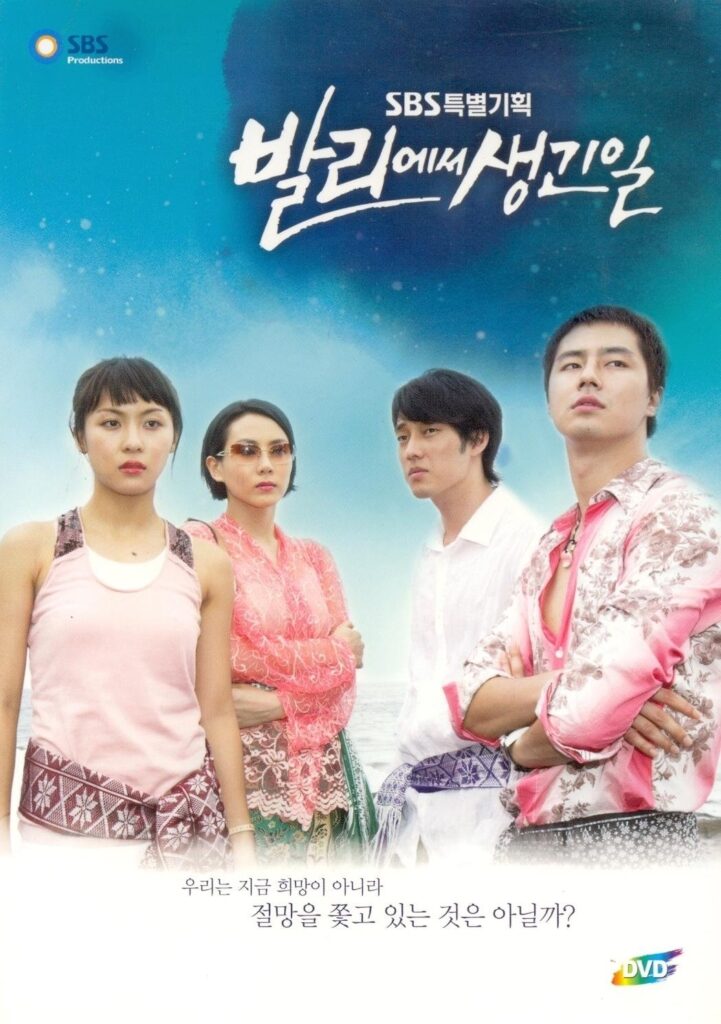
“What Happened in Bali” is a K-drama that delves into complex emotions and relationships, set against the beautiful backdrop of Bali, Indonesia. The story revolves around a love triangle between three characters, played by Ha Ji-won, Jo In-sung, and So Ji-sub, who are caught up in passion, deception, and unresolved feelings. The series is known for its intense, emotional drama that explores themes of betrayal, love, and redemption. It captured viewers with its rich, heartfelt moments and dramatic twists.
The drama’s strength lies in its ability to tackle deep emotional conflicts and present them in a way that feels raw and authentic. “What Happened in Bali” remains a classic example of K-drama storytelling, with unforgettable characters and a plot that keeps viewers hooked until the end. Its beautiful setting, combined with powerful performances, has made it a fan favorite for years. Despite its dark, dramatic tone, the series continues to be appreciated for its emotional depth and complexity.
Thank You (2007)
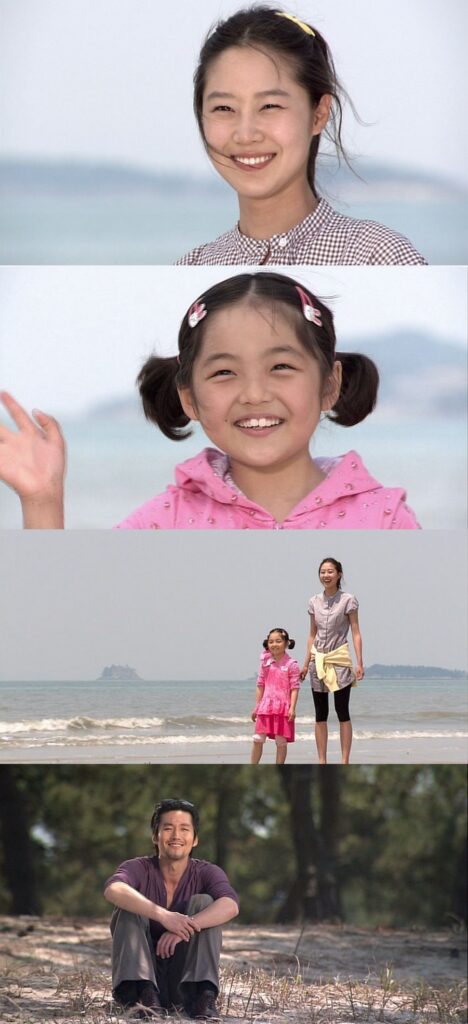
“Thank You” is a K-drama that blends humor, tragedy, and social issues, all while telling a heartwarming story about a doctor, a child, and their unlikely bond. Starring Jang Hyuk and Gong Hyo-jin, the series revolves around a doctor who returns to a small village to care for a young girl diagnosed with HIV. The show explores themes of love, acceptance, and the stigmas surrounding HIV, offering an insightful look at difficult social issues. Its touching and sensitive portrayal of the characters’ struggles made it both a critical and commercial success.
“Thank You” is often hailed as a K-drama with a meaningful message, using the backdrop of healthcare and social issues to address deeper societal concerns. The show’s emotional storytelling and well-developed characters brought it widespread acclaim. It remains a standout series for its ability to balance humor with serious subject matter. The chemistry between Jang Hyuk and Gong Hyo-jin, along with the poignant plot, ensures that this drama continues to be remembered as one of the best of the 2000s.
This article originally appeared on Avocadu.
